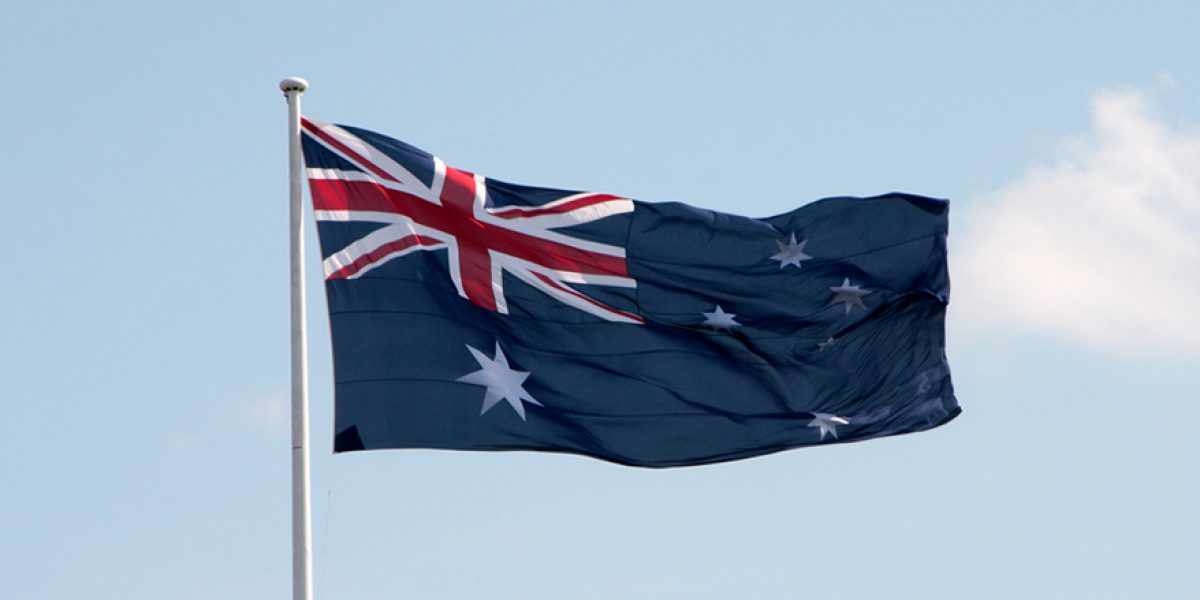In early 2012, Australia’s Foreign Minister Kevin Rudd became the foreign minister with by far the most trips to Africa, with seven in under 18 months. In contrast, Australia’s longest serving foreign minister, Alexander Downer, visited Africa just four times between 1996 and 2007. Even Julie Bishop, the current Australian foreign minister, has since 2013 visited the African mainland only once. But why so many visits to Africa during Kevin Rudd’s time in office, and perhaps most importantly, why so little engagement with Africa before Rudd’s time, and since? How can one of the wealthiest nations in the world and a ‘middle power’ with global interests largely neglect engaging with Africa?
Australia is neglectful of Africa because it does not know what it wants on the continent: it is unable to assess its long-term strategic interests in Africa for two main reasons. It carries conveniently forgotten racial and colonial ‘baggage’, and Australia’s contemporary (that is, post-Cold War) engagement with Africa is beset by political partisanship, resulting in crude, parochial, and short-term approaches to engaging African states. So, while immigration, globalisation, technology, trade, terrorism, and climate change continue to bring Africa and Australia closer together, Australia’s inability to strategically assess its interests in African states continues to hold back its engagement with Africa.
Dr Nikola Pijovic has a PhD in political science from the Australian National University and is currently writing a book on Australia and Africa. He has written media pieces and academic articles on Australian aid to Africa, Australia’s foreign policy engagement with Africa, and Australian foreign policy in general. Nikola also researches Africa in the Indo-Pacific and has published on terrorism, Al-Shabaab, and statehood in Somalia.
There will be responses from the Australian High Commission, and the South African Department of International Relations and Cooperation (DIRCO), to be confirmed.


